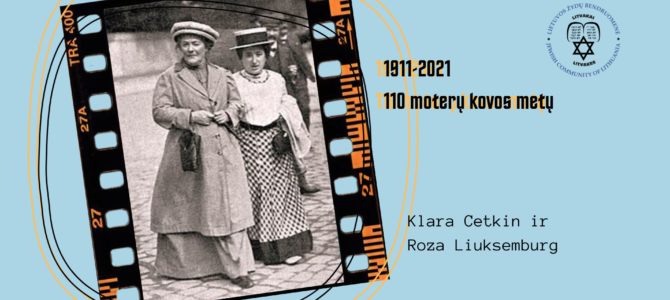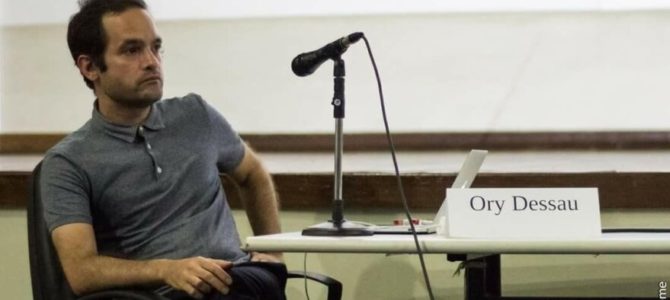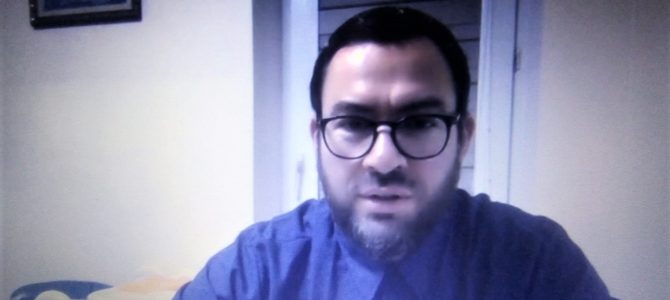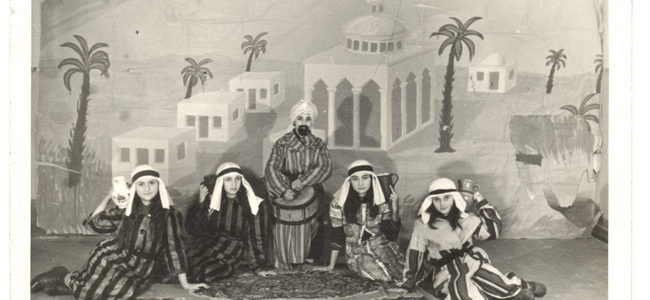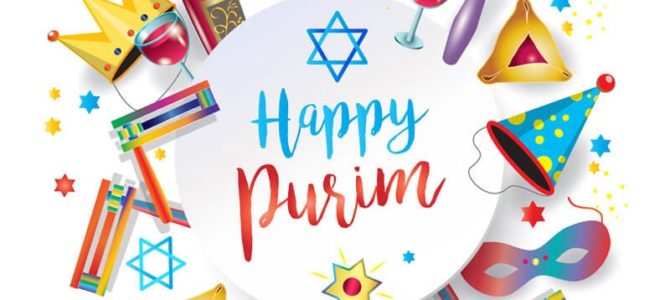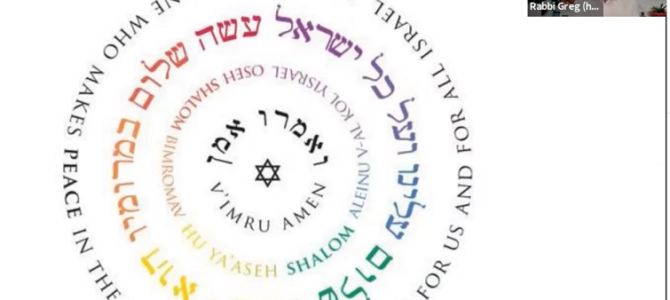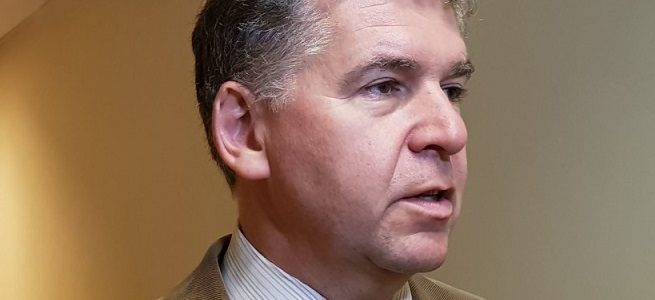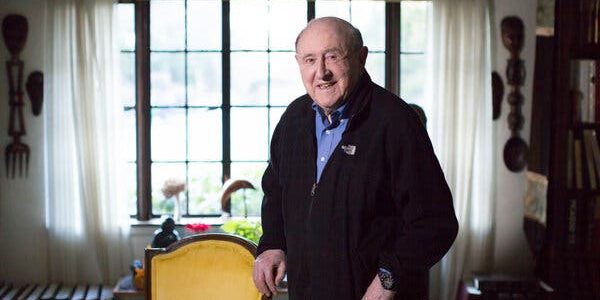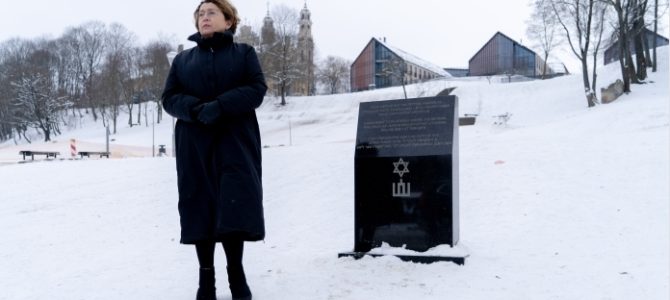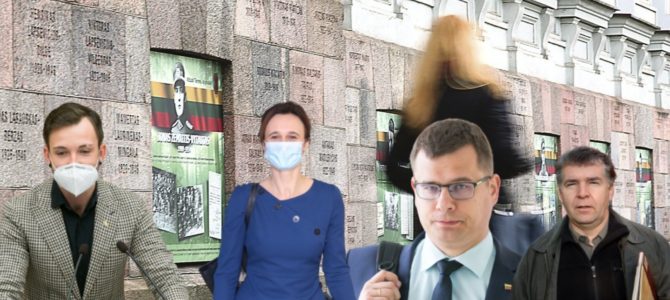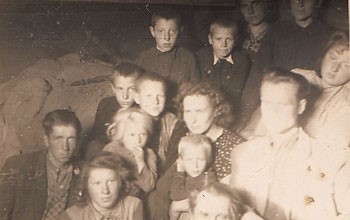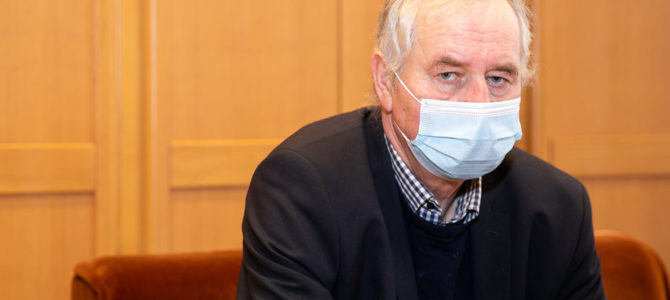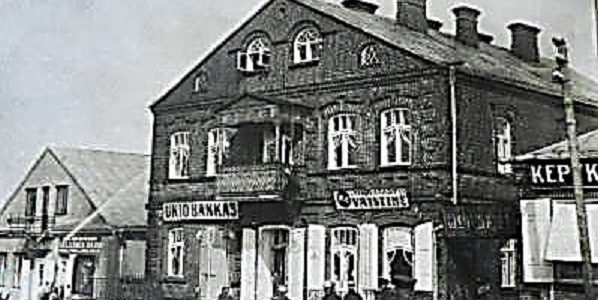In remembrance of signatories of conscience
Lithuanian Jewish Community chairwoman Faina Kukliansky’s observations on the eve of the 103rd celebration of February 16
We live in good times, incomparable to those which the Lithuanian Jewish community experiences eight decades ago. We live in a time of great achievements and at the same time there is still much to achieve. We live at a time when we still have to explain and defend ourselves, and we do this patiently but resolutely. We live at a time when society is crossing swords over ideas, attitudes and, most significantly, statues. Let this be the tale of two statues which don’t exist.
We are about to celebrate February 16, Lithuania Day, for the 103rd time. When we name the names of the signatories to the Lithuanian Act of Independence, this shows that the date for us is not just an historical day, but the triumph of the personal decision made by specific people whose result–a free and sovereign country–we all enjoy and take pride in. In the context of February 16, let’s also remember another group of people, a group I call signatories of conscience, the people whose decision resulted in hundreds of lives saved.
During the different Holocaust commemorations we often hear people taking pride that over 900 Lithuanians have been named Righteous Gentiles, but I don’t hear their names or their stories. I see the lack of context. And the context is very simple: the citizens of the first Republic of Lithuania, the same people who forged the young state, heard the Jews’ cry for help and responded. Do you think about the fact that generation which hid persecuted Jews on their farms, in their apartments and basements were the same people who created the first Lithuanian Republic? That they are the same generation whose achievements in art, learning and politics we take pride in today, whose deeds and lives we cite today as examples in the creation of the state? They include the family of February 16th signatory and engineer Steponas Kairys, and Lithuanian president Kazys Grinius, and the daughter of M. K. Čiurlionis, one of Lithuania’s greatest artists, Danutė Čiurlionytė abd her husband Vladimiras Zubovas, the family of Lithuanian writer Balys Sruoga, the family of writer Kazys Binkis, and professor Pranas Mažylis, the grandfather of Liudas Mažylis who rediscovered the original Lithuanian proclamation of independence German archives. They include Ona Jablonskytė, the daughter of the founder of the standard Lithuanian language Jonas Joblonskis, and his daughter-in-law advyga Jablonskienė. And not just presidents and professors, but simple village people were able to make the right choice. These are names which are inseparable from the history of Lithuania. Why don’t we want to erect a statues to these people, Lithuania’s signatories of conscience?


